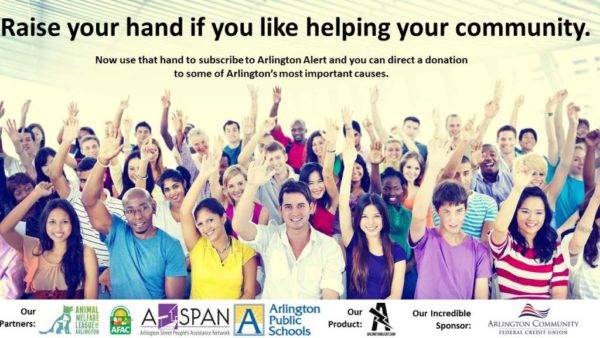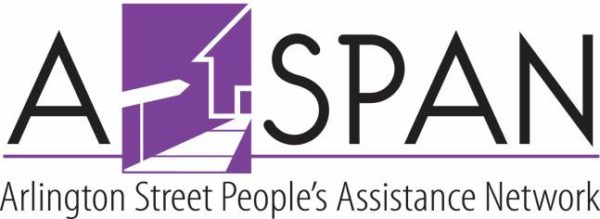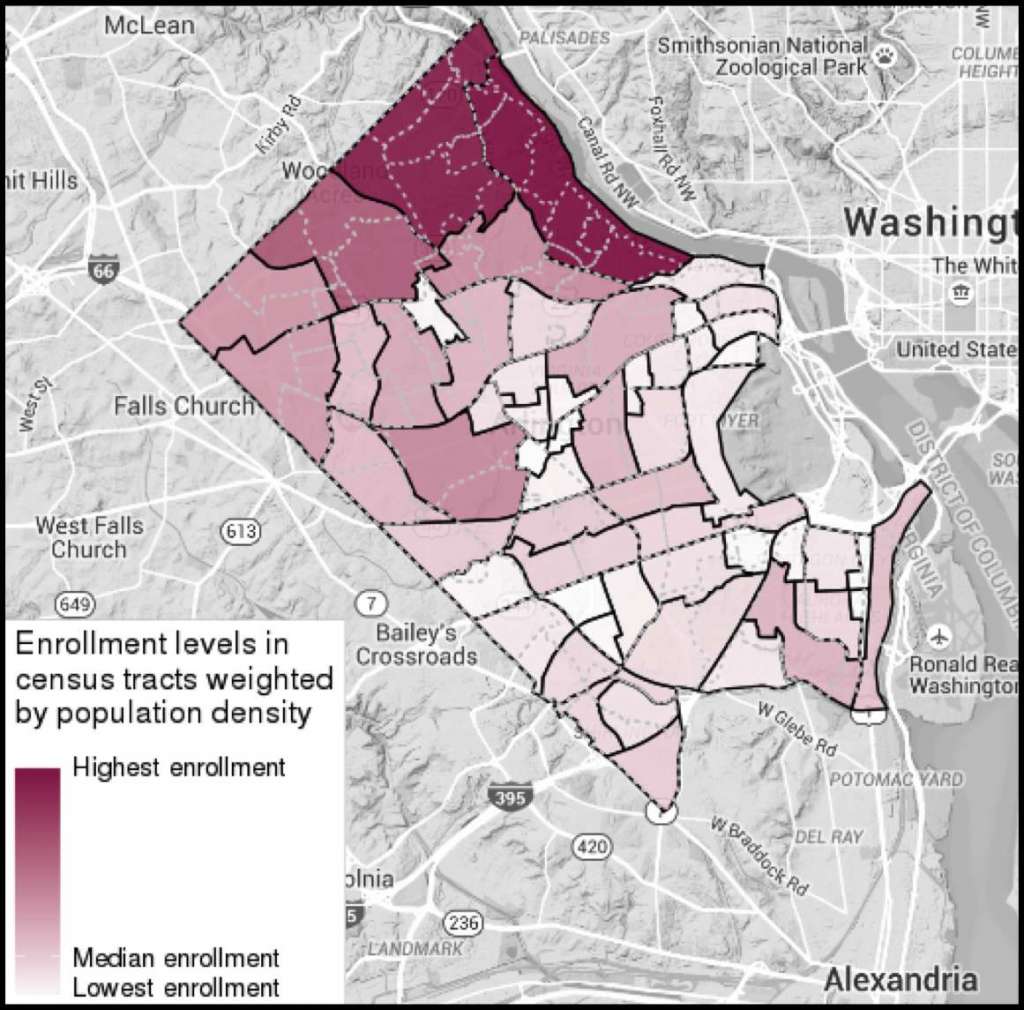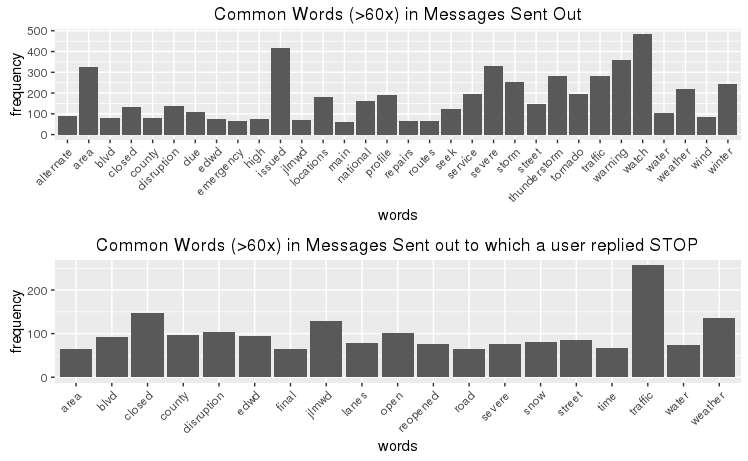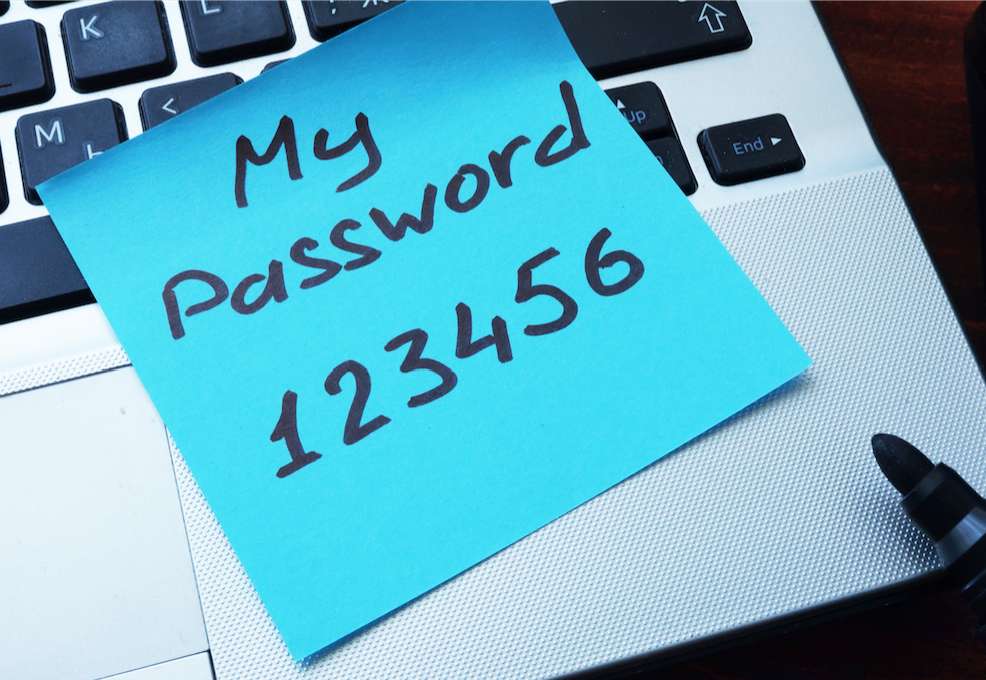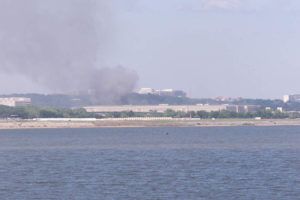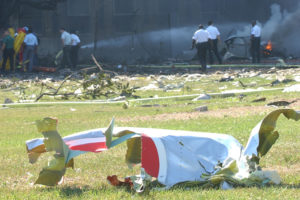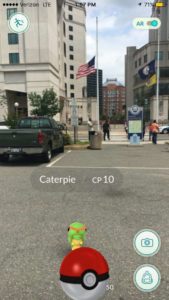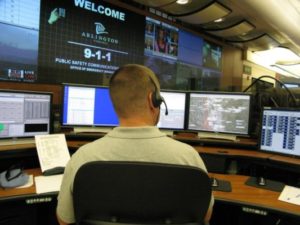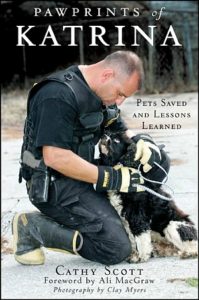
This biweekly column is written and sponsored by the Arlington Office of Emergency Management.
You and the Other 60% of America
The sky turns black. You hear the radio call out a tornado warning, and you spring into action. You’re family has conducted drills for this, so without a word from you, they all go to a safe room to ride out the storm. As you join your family, you smugly smile, knowing that you have all the food and supplies you need for your family for 72 hours.
No?
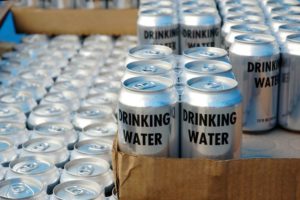 You’re not alone. Although 80% of Americans live in a county that has experienced a weather-related emergency in the past 8 years, less than 40% have actually developed an emergency plan and discussed it with their family.
You’re not alone. Although 80% of Americans live in a county that has experienced a weather-related emergency in the past 8 years, less than 40% have actually developed an emergency plan and discussed it with their family.
The burning question that remains is: “Why don’t people prepare for emergencies?”
I don’t have time
There are many reasons people don’t plan. When asked why, many people respond “I don’t have the time” or “It seems like a lot of work.” Preparing for an emergency can look overwhelming at first glance, but doesn’t have to be.
Use your resources: Online resources such as www.ReadyNOVA.org have fill-in-the-blank templates and quick reference guides to help you develop things like a family communication plan. You can then download and send it to all of your family members mobile devices (don’t forget to print a hard copy!)
Use your supplies instead of building a kit: Buying and storing an emergency kit can be expensive and take way too much space in many Arlington homes. Instead, take inventory of your family’s food & emergency supply needs, and then make sure you always have at least 3 days worth in your home. Remember, you may not have electricity, so make sure you are not counting on the food in your fridge or the use of your microwave or electric stove to cook!
Have a go-bag: Nothing is more stressful than having to leave your home quickly. Build a Go-Bag with essential items for your family in case you need to hit the road in a hurry.
Make it fun: Preparing doesn’t have to be all work! Challenge your kids to an Emergency Scavenger Hunt, square off against family members in a cook-Off as you rotate food out of your emergency supplies, use fire drills as a race for your children (so they can practice their evacuation route and also burn off that extra energy before bed.) It’s important to note that while students practice fire and other emergency drills multiple times a year at schools, adults have some catching up to do: 60% of adults have not participated in preparedness drills or exercises in the past year.
Disaster’s Won’t Happen to Me
Another reason people avoid developing emergency plans is the belief that “it won’t happen to me.” Emergencies don’t have to be large-scale catastrophes to have a big impact on your life. More than 50% of Americans have experienced an incident where they had to evacuate their home or live without utilities for more than three days- and some of the most common causes include simple things like broken water mains, downed power lines, and structural damage from trees. In fact, damage from frozen pipes, sewage backup and appliance issues actually causes more water damage to homes than weather events every year.
 By definition, emergencies are unpredictable. Certain hazards, such as tornadoes, may be unusual, but they still occur. In 1996 the Centerville Tornado almost caused a US Air Shuttle to crash during take-off at Reagan Airport. And in 2001 a F0-F1 tornado traveled 15 miles through Arlington and into Washington D.C., crossing the interstate three times during rush hour.
By definition, emergencies are unpredictable. Certain hazards, such as tornadoes, may be unusual, but they still occur. In 1996 the Centerville Tornado almost caused a US Air Shuttle to crash during take-off at Reagan Airport. And in 2001 a F0-F1 tornado traveled 15 miles through Arlington and into Washington D.C., crossing the interstate three times during rush hour.
If A Disaster Happens, There’s Nothing I Can Do
While there are risks wherever you live, there are also steps you can take to lessen the impacts. On average, we save $4 for every $1 spent on
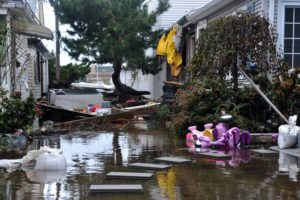 Know Your Risks: Understand your risks, and protect yourself against them. Fewer than 40% of residents living within a block of the NJ coastline understood that the real threat from Hurricane Sandy was from water, or the storm surge that the hurricane would cause (over 60% believed the real danger was wind.) Only 54% had flood insurance.
Know Your Risks: Understand your risks, and protect yourself against them. Fewer than 40% of residents living within a block of the NJ coastline understood that the real threat from Hurricane Sandy was from water, or the storm surge that the hurricane would cause (over 60% believed the real danger was wind.) Only 54% had flood insurance.
Be Alerted: Register for ArlingtonAlert.com to receive emergency and weather alerts. Be sure to include the addresses of locations you live, work and spend time, so you’ll be notified if there’s an emergency in one of those locations.
Document It: Collect important documents, such as personal identification, property deeds, insurance policies, titles to vehicles, wills, etc., and store them in a safe place. Consider scanning them and placing the files on a flash drive. Following Hurricane Katrina, many residents of the Gulf Coast found themselves without even the most basic identification: identification, birth certificate and social security cards.
Set Your Meeting Spots: Determine where your family will meet and how you will reach one another after an emergency.
Join Us!
Every year, we dedicate a whole month to getting prepared (it’s September, which is why you’re reading this article now!) Join us as we celebrate and encourage people to get ready for the major disasters that could impact their lives. Test your preparedness knowledge, check your preparedness, tell your stories, and challenge your neighbors this month! For more National Preparedness Month details and a full schedule of events, check ReadyArlington.com, or follow #ARLPrep2016.
- Tuesday, September 6, join us at the Sugar Shack Arlington to “Check Your Prep!” If you 3 out of 5 items completed on our preparedness checklist, you’ll earn at $5 Sugar Shack coupon!
- Thursday, September 8, join us as the Emergency Preparedness Advisory Commission hosts a retrospective panel “9/11: Looking back and ahead”. Come hear how the County improved it’s preparedness after the events of that tragic day.
- Be the most prepared Civic Association! Challenge your neighbors throughout September & register for Arlington Alert! The Civic Association with the highest number of registered Arlington Alert subscribers at the end of September will be deemed the Prepped Association with an annual plaque and ice cream social.
Sources:








